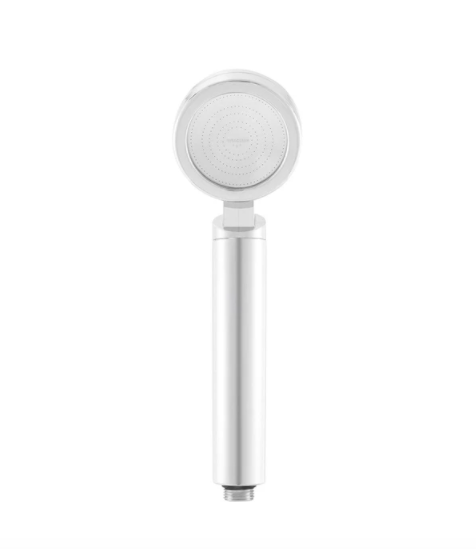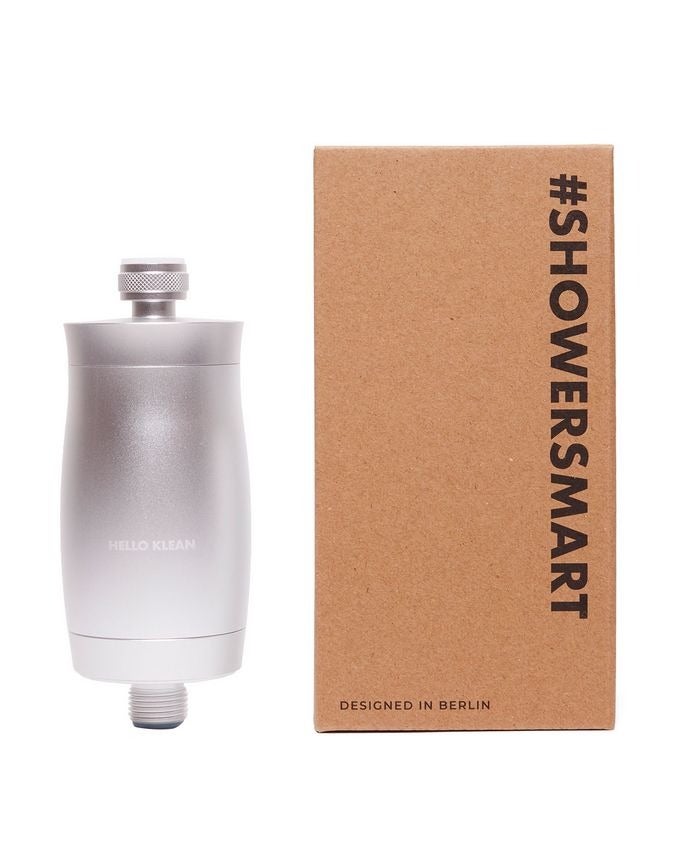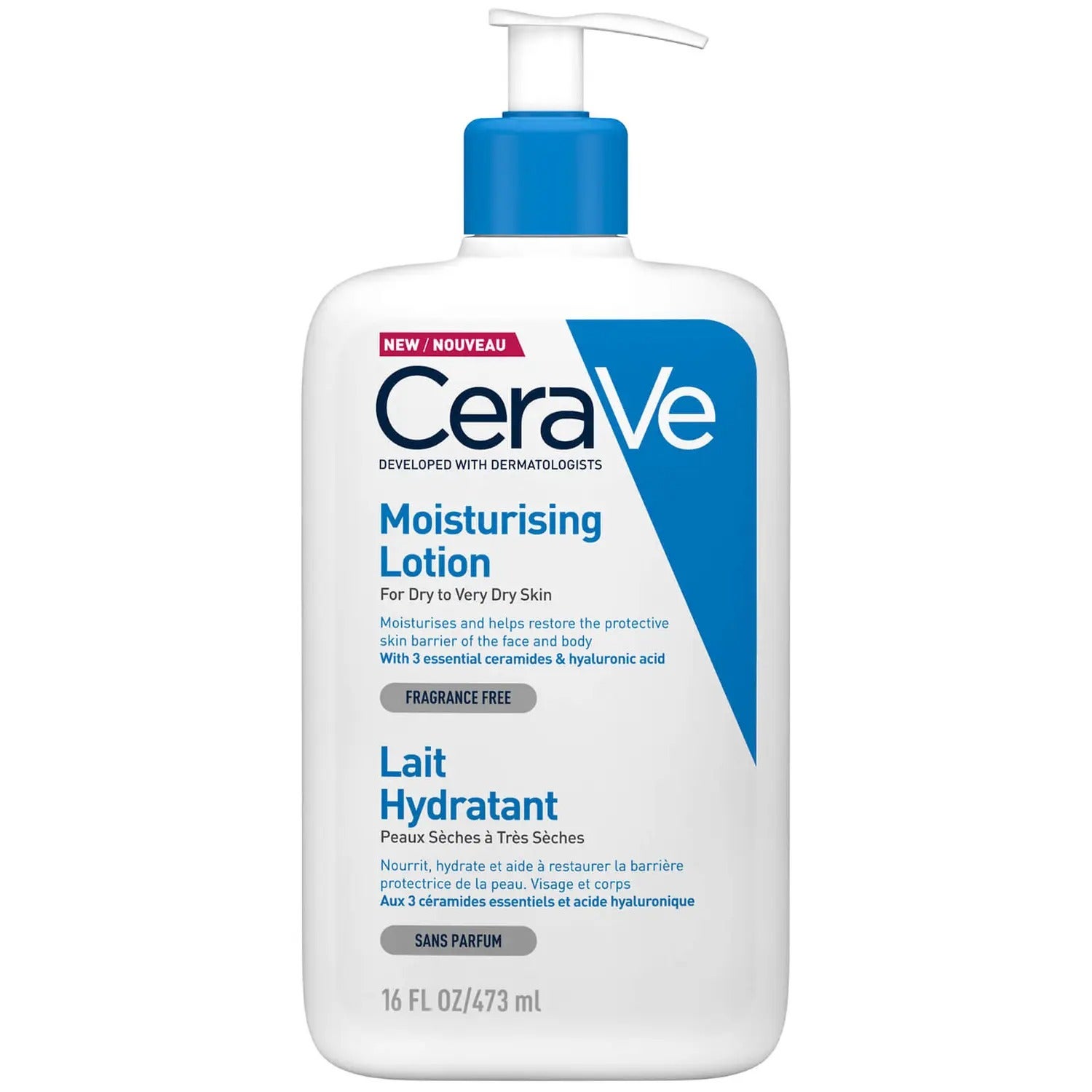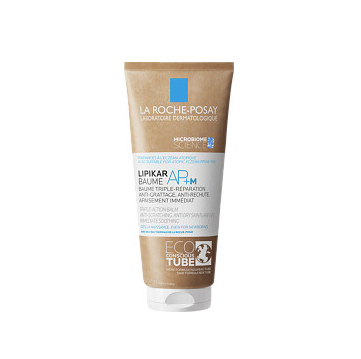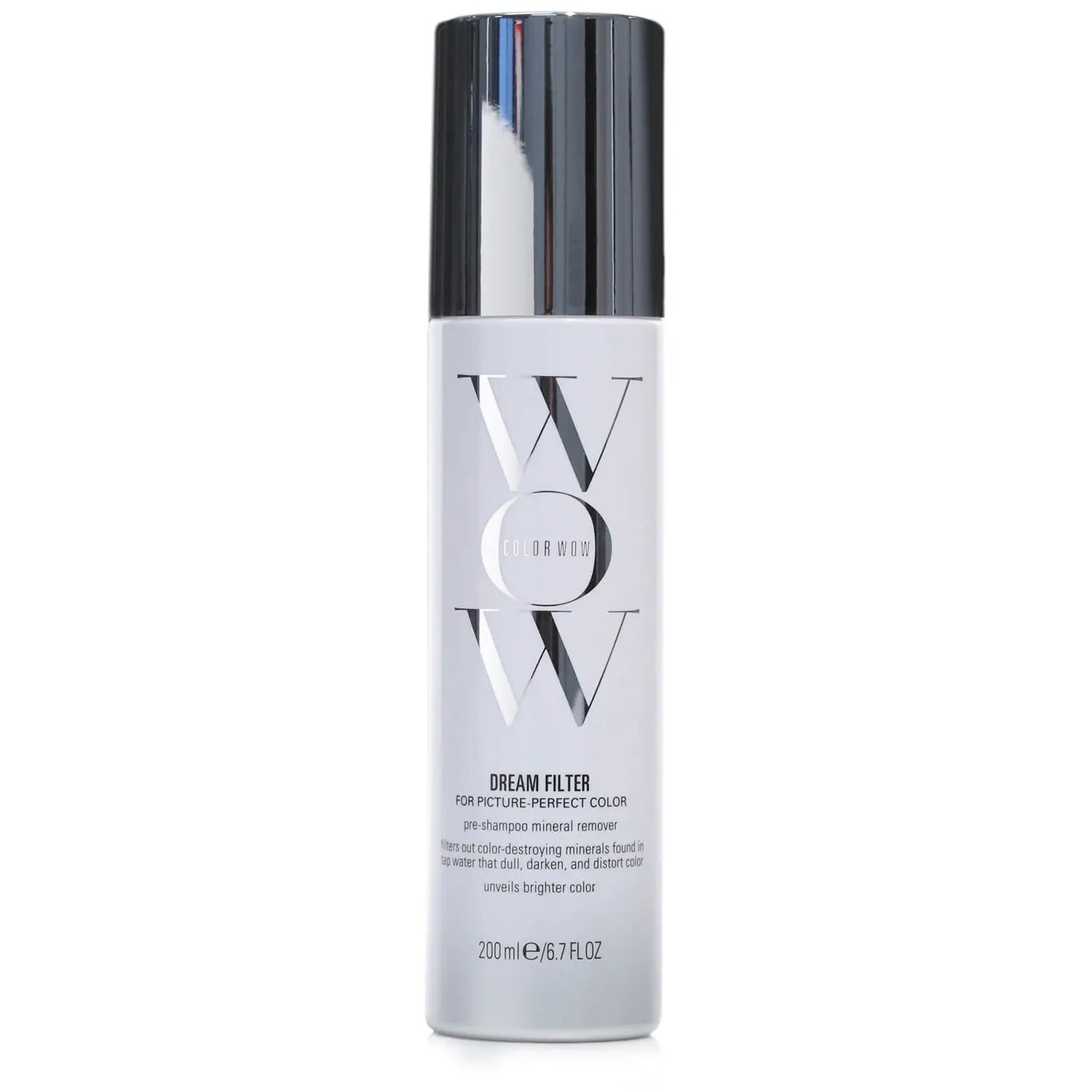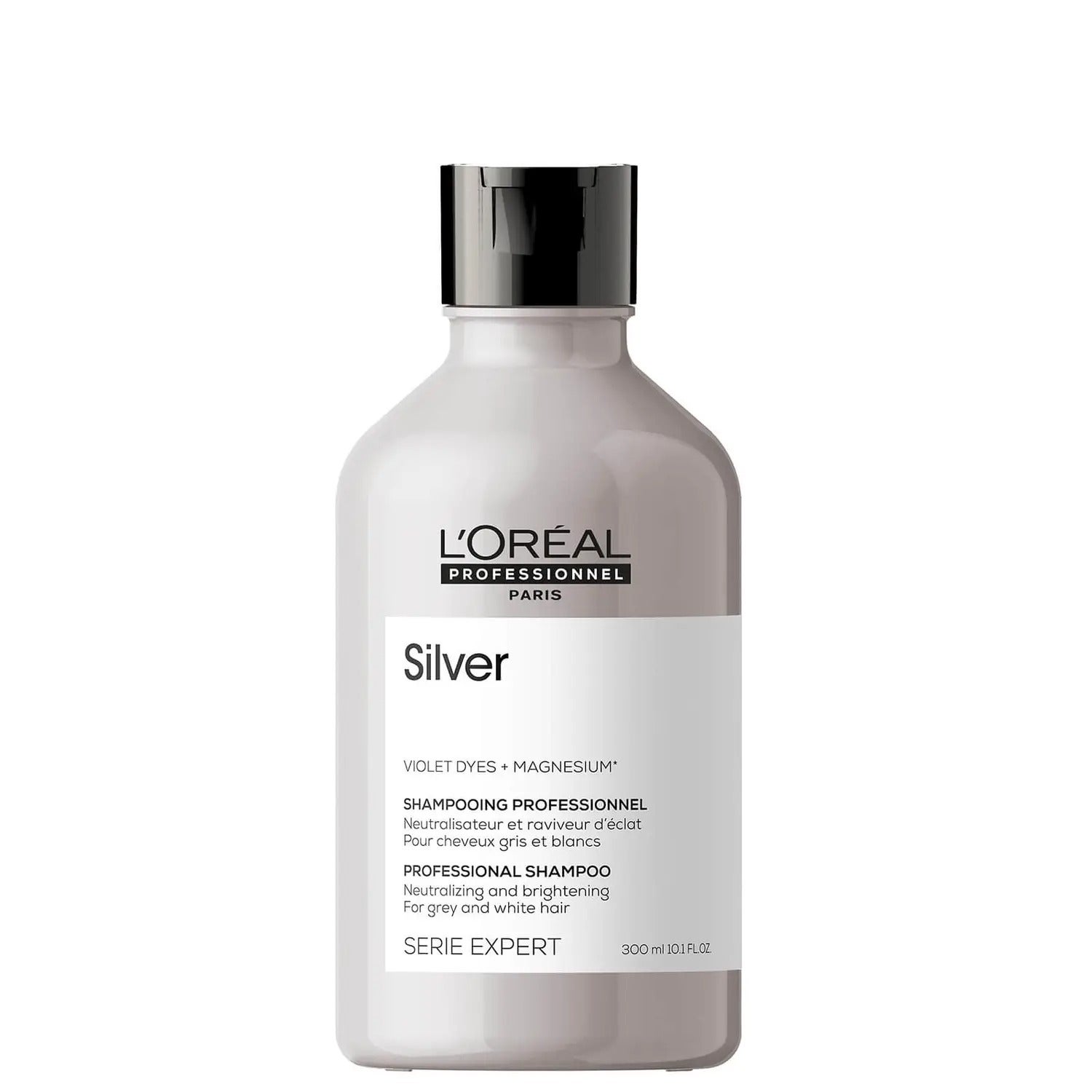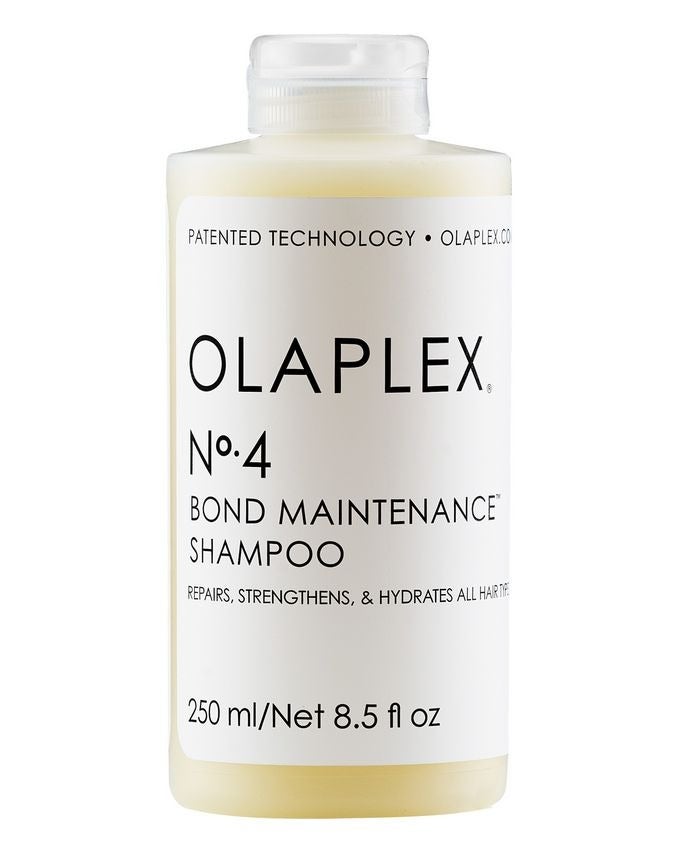Could A Shower Head Filter Transform My Skin & Hair?
Illustration by Olivia Santner
Dear Daniela,
Should I invest in a shower head filter? I’ve seen so many ads on Instagram for them, plus a couple of beauty influencers I know have been absolutely raving about them. I’m not sure if I have hard water but my skin does feel dry a lot and my kettle is always so scaly! Can they actually make a difference or is it always better to plumb in water softening? I can’t do that because I’m renting so maybe the filter will help?
Should I invest in a shower head filter? I’ve seen so many ads on Instagram for them, plus a couple of beauty influencers I know have been absolutely raving about them. I’m not sure if I have hard water but my skin does feel dry a lot and my kettle is always so scaly! Can they actually make a difference or is it always better to plumb in water softening? I can’t do that because I’m renting so maybe the filter will help?
Dana, 29
Water softness is one of my all-time favourite conversation topics (alongside how slept-on the Sugababes were, Mount Everest disaster documentaries, and time not being real). I grew up with a dad who was obsessed with water softness – he was forever measuring it, comparing it and piling weird salt into tanks at home. I took it entirely for granted. Then I went to university and experienced non-softened water consistently. And boy, did it suck.
"We’ve all noticed that our skin and hair feel softer and healthier when we’re away on holiday," said consultant dermatologist Dr Hiva Fassihi. "People certainly report drier skin on their body and scalp in ‘hard’ water areas. Interestingly, soft water lathers easily with soaps as it is free of dissolved salts, however, it’s hard to get a lather with hard water, which also forms scum. Boiling reverses and removes ‘hardness’ but the limestone deposits in the pipes and kettles form limescale," explained Dr Fassihi.
Water softness is one of my all-time favourite conversation topics (alongside how slept-on the Sugababes were, Mount Everest disaster documentaries, and time not being real). I grew up with a dad who was obsessed with water softness – he was forever measuring it, comparing it and piling weird salt into tanks at home. I took it entirely for granted. Then I went to university and experienced non-softened water consistently. And boy, did it suck.
"We’ve all noticed that our skin and hair feel softer and healthier when we’re away on holiday," said consultant dermatologist Dr Hiva Fassihi. "People certainly report drier skin on their body and scalp in ‘hard’ water areas. Interestingly, soft water lathers easily with soaps as it is free of dissolved salts, however, it’s hard to get a lather with hard water, which also forms scum. Boiling reverses and removes ‘hardness’ but the limestone deposits in the pipes and kettles form limescale," explained Dr Fassihi.
AdvertisementADVERTISEMENT
According to Dr Fassihi, hard water gets into our homes when rainwater falls. Rainwater is naturally soft but as it flows into the bodies of water and through pipes to become our domestic water, it flows through rocks that contain minerals which make it harder, like calcium salts and carbonate. The hardness of your water is totally geographical (you can look up your postcode and find out your hardness level). But as a rule, in London and the southeast it is very, very hard, and in Scotland it is very, very soft.
Dr Fassihi said that water hardness first became a topic of conversation in the dermatology world in the 1990s when "significant differences" were observed in the prevalence of eczema in primary school-age children in Nottinghamshire, an area that has a lot of disparity in water softness. From then on, it’s been generally accepted that hard water can affect eczema incidence in young children. It’s also been hypothesised that it could affect the skin barrier (the top, protective layer of your skin) and increase eczema across the board.
Hard water can also affect your hair. In my current apartment, our water is super hard and I have a really hard time (pun not intended, forgive me) getting shampoo to lather properly. I straight up can’t use many of my favourite shampoos because they just cling to my hair. The only one that consistently works is Olaplex Shampoo, which is probably for the best, all things considered. "This constant build-up on the scalp can make the hair look dull, and hard water also can worsen dry skin, which can make the scalp flaky," added Dr Fassihi.
AdvertisementADVERTISEMENT
As you alluded to, the obvious solution is to plumb in a water softening tank. But that is very expensive! And certainly not an option if you’re renting! Shower head filters like VitaClean and Hello Klean are becoming super popular for this reason. The VitaClean is an entirely new shower head you clip on, whereas Hello Klean is a filter you attach to the pipes of your shower and keep using the same shower head. VitaClean boasts fun add-ons like aromatherapy discs and ‘vitamin C shots’ but both have a filter that needs to be periodically replaced, just like a filter in a drinking water jug. If you sign up to receive new filters automatically, VitaClean will run you about £15 a month after an initial outlay of £80-£100 for the shower head, while Hello Klean is £60 to get started and then about £13 a month for subscribed refills (both send one refill every three months but most of us do our budgeting by the month, hence why I’ve presented it like such). It’s important to note that these are both water filters and not water softeners: they may remove heavy metals and chlorine and in doing so, may mitigate some of the effects of hard water, but they do not soften the water.
I asked Dr Fassihi where she would rank hard water in the hierarchy of skin irritants. "For the majority of people, hard water simply causes mildly dry skin, which can be improved with the use of regular topical moisturisers," said Dr Fassihi. "However, in individuals who have or who may be at risk of atopic eczema, hard water may affect the integrity of the skin barrier which may cause a flare-up in their eczema. I don’t think hard water is a major irritant of skin in the average individual but those with sensitive, dry skin may find it more problematic. I would put hard water at the bottom of a list of irritants which would include strong foaming soaps, detergents in household cleaners, acids, fragrances, some plants, and rubber or latex," she added. Hard water does also seem to have a negative effect on colour-treated hair, especially bleached or lightened hair. The hard water deposits minerals and metals which can make blonde and white hair turn brassy, dull or even faintly green.
AdvertisementADVERTISEMENT
As someone with dehydrated (but not eczema-prone) skin and bleached hair, my workaround is this: I have the VitaClean shower head and I do think my skin feels less battered than it used to. I’m also really scrupulous about towelling off immediately after showering, thus not letting the water sit on my skin. I use buckets of CeraVe Moisturising Lotion from top to toe, and La Roche-Posay Lipikar AP Baume on my elbows or other dry patches when they feel like they need it. I also use the Color Wow Dream Filter a few times a week. It’s a spray-in, pre-shampoo treatment that works in three minutes and helps to remove those minerals that can cause brassiness. I also use purple shampoo once a week – L'Oréal Professionnel Magnesium Silver Shampoo is my favourite.
Good luck! May your water be soft, and your skin even softer.
Daniela
Refinery29's selection is purely editorial and independently chosen – we only feature items we love! As part of our business model we do work with affiliates; if you directly purchase something from a link on this article, we may earn a small amount of commission. Transparency is important to us at Refinery29, if you have any questions please reach out to us.
AdvertisementADVERTISEMENT







